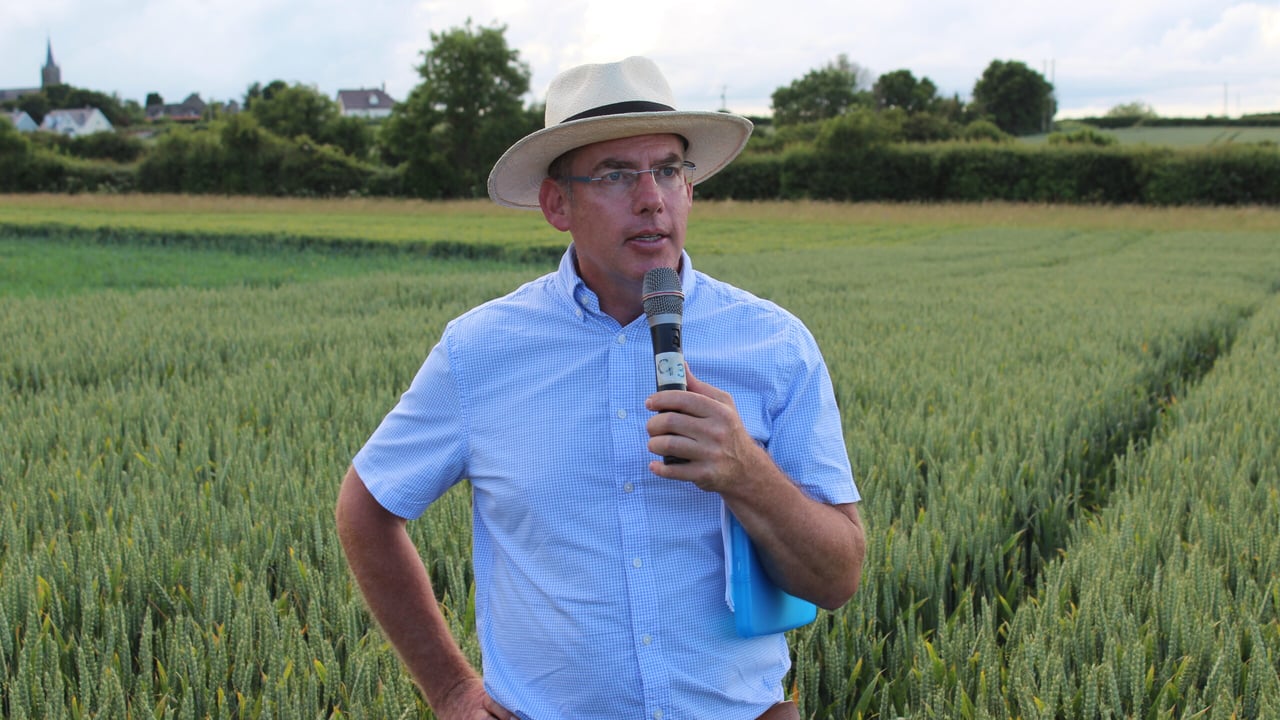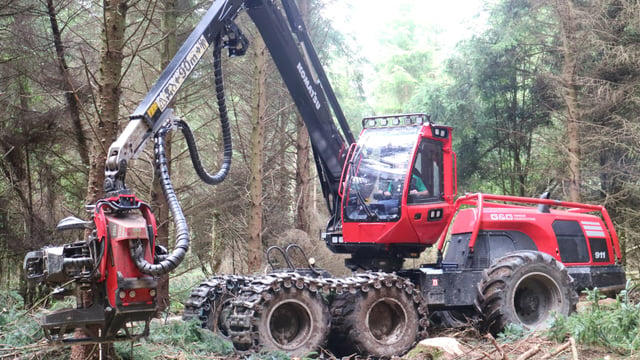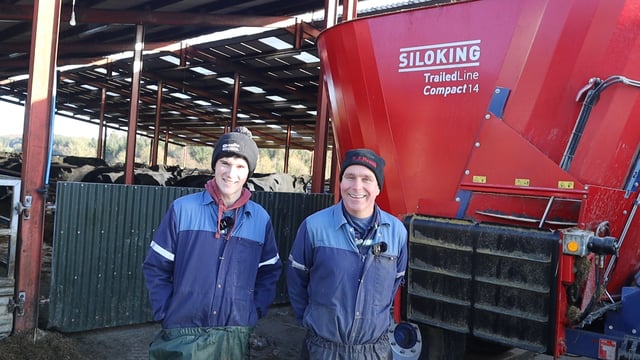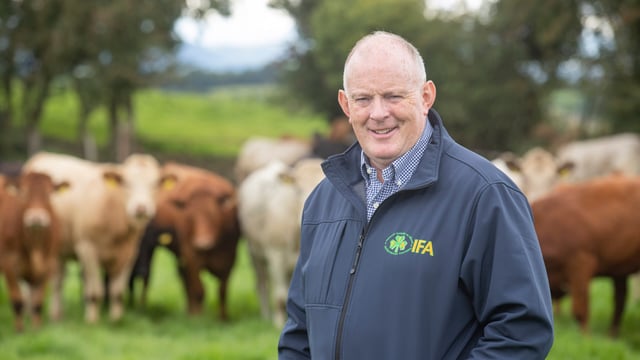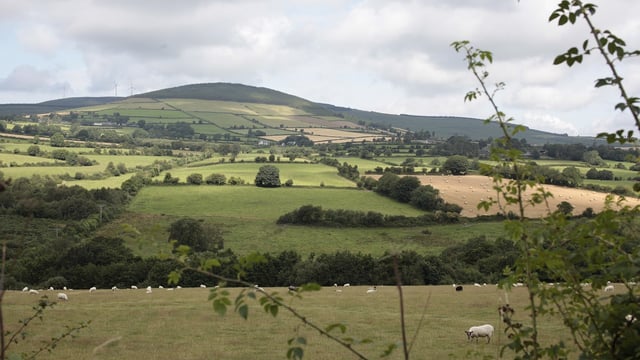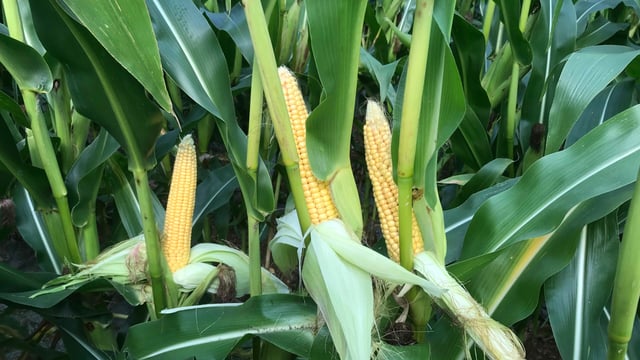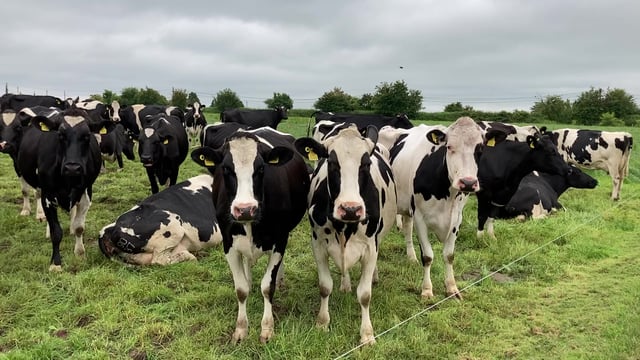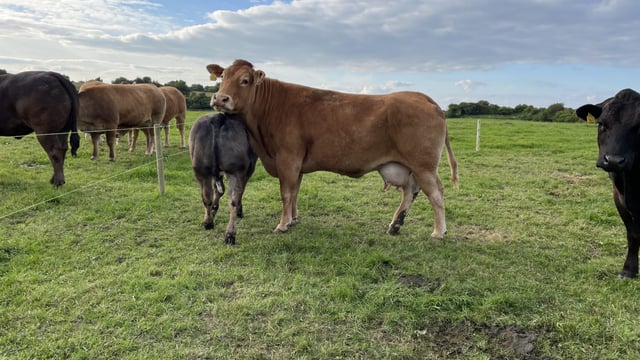BYDV tolerance increasingly key trait for winter barley varieties - agronomist
Barley Yellow Dwarf Virus (BYDV)-tolerant varieties of winter barley are proving themselves under Irish growing conditions, according to Goldcrop cereal variety manager, John Dunne.
He said: “The 2025/2026 recommended lists for both winter barley and winter wheat may well be published by the Department of Agriculture Food and the Marine before the Teagasc Crops’ Forum event, taking place on September 10.
“But I think there’s little doubt that the further progress made by winter barley varieties with BYDV tolerance will be reflected in the new listings.”
But tolerance to BYDV isn’t everything.
Dunne explained: “In our own case, the two-row winter barley, Tardis, has performed tremendously well - both on farm and within trials held this year.”
Turning to six-row barleys, Dunne highlighted the potential of two new varieties that will be commercially available over the coming weeks - Integral and Littoral.
Both have BYDV tolerance and have the capability of yielding well.
Planting dates
When it comes to winter barley planting dates, a number of factors should be taken into consideration. BYDV tolerance is one of these.
“The others are Latitude and a crop’s potential exposure to Take-All,” the Goldcorp representative commented.
He also stressed that the further north a crop is established, the earlier the planting date that can be considered.
“Winter barley crops drilled in Co Louth for example, are not likely to grow as quickly in the autumn months as is the case for those planted out in places like Cork, where lush early growth can be expected," Dunne said.
"The larger the crop canopy, the greater the risk of BYDV infection.
“In cases where winter barley is established directly after a break crop, the risk of Take-All is very low.
“However, the harvest just ending confirmed the general impact of Take-All across many cereal crops.
“So, it’s an issue that must be factored in when considering which planting schedules can be adopted for the 2025/2026 season.”
Winter wheat
Turning to winter wheat options for 2025/2026, Dunne confirmed that the yellow rust breakdown within certain varieties, confirmed by the Agricultural and Horticultural Development Board (AHDB) in the UK earlier this year, also impacted on crops grown in Ireland.
He said: “On the back of these developments AHDB have replaced yellow rust resistance ratings generated for varieties prior to the 2024/2025 growing season.
“This means that the new AHDB ratings for the disease feature results for the 2024/25 season only. It is normal practice to include results amassed over three consecutive years.”
Meanwhile, Goldcrop has three new winter wheat varieties available for the 2025/2026 planting season: RGT Hexton; LG Rebellion; and KWS Scope.
According to Dunne: “Hexton and Scope are slow-developing varieties while Rebellion will grow more quickly and also come to harvest that little bit faster.
“All three are very suited to the Irish market.”

